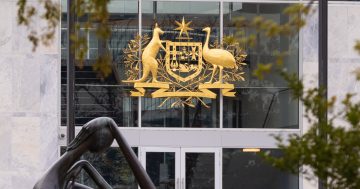Attorney-General Simon Corbell today announced amendments to the Crimes Act 1900 confirming a recent Supreme Court decision that the court can receive submissions in considering a report on an inquiry into convictions.
The amendments also reflect the court’s finding that consideration of a report is a judicial process.
The amendments are framed to commence from the day of their tabling in the Legislative Assembly, to immediately remove potential legal doubt about this issue.
“Inquiries into convictions are a special process, designed to provide an avenue for review only in the most limited and exceptional matters,” Mr Corbell said.
“The ACT provides an avenue for looking at criminal convictions even when there is no other legal right of appeal. These amendments will support the ACT’s process for these matters.”
Section 431 of the Crimes Act 1900, introduced in 2001, contains limitations on the ability of the court to hear submissions at certain stages in the inquiry process and states the process is not judicial.
The Supreme Court recently considered the application of section 431 of the Crimes Act during its consideration of the inquiry report into David Eastman’s conviction.
“This minor amendment supports the Supreme Court’s process of responding to an inquiry report,” Mr Corbell said.
“Repealing section 431 of the Crime Act will ensure that the current proceedings continue to operate as they have to date, and will prevent confusion about the legislation from interfering with the Supreme Court’s independent consideration of an inquiry report.”
(Simon Corbell Media Release)





















